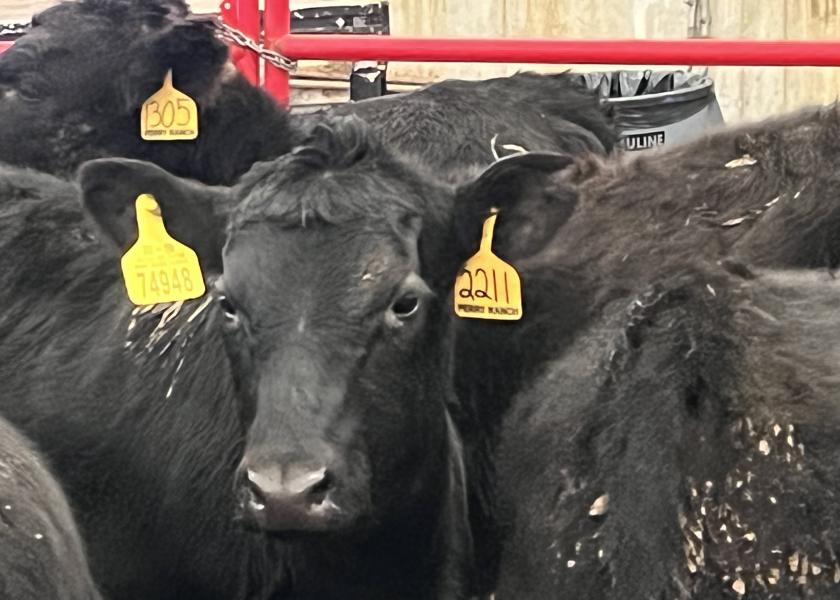Kicking the EID Can Down the Road

After a decade-long cooling off period, the time seemed right to revisit the beef industry’s traceability policies, or, more accurately, lack thereof. In what appeared a hastily prepared attempt to strengthen said policy by cattle producers on NCBA’s Cattle Health & Well-Being Committee at their convention earlier this month, the gate was again opened for widespread industry debate and a healthy dose of criticism for any reference to mandatory.
When finished the NCBA cowboys essentially kicked the traceability/electronic animal identification (EID) can down the road. In short, NCBA’s updated policies specifically include the word “voluntary,” which is what it was before.
“Where we landed was pretty close to where we started,” says Ethan Lane, NCBA vice president of government affairs. “It’s still a voluntary policy. We believe this should be industry driven. We believe that those tags and readers should be paid for by funding from either the state or federal government, because we’re doing a service here and protecting the economy and protecting the beef supply chain in the food supply chain.”
To be clear, NCBA’s policy has no teeth. The policy is only a recommendation for what NCBA hopes USDA will ultimately decide.
You might now expect me to transition to championing mandatory traceability/ identification for all cattle. Nope. To date, that’s proven to be a fool’s errand.
I will, however, predict that unless U.S. cattlemen develop and embrace a traceability system that includes the vast majority of cattle, a mandatory program will be thrust upon them. That doesn’t seem like a bold prediction.
Traceability in the event of a disease outbreak to help protect every producer is the primary objective, but traceability is also a key tool throughout the chain to maintain consumer trust. Data is king. Every company of any size uses data to track production, efficiency and customer satisfaction. More to the point, your customers are demanding greater traceability, and soon the big players – think Walmart, Amazon, Kroger, Costco – will begin asking why beef should get a pass on traceability.
And here’s another no-so-bold prediction: Those companies are not going to pay for your tags or your reader. You want to voluntarily opt-out of traceability? Fine, the big players mentioned above can opt out of buying your cattle.
It doesn’t seem like a stretch to believe a traceability system for beef is on the horizon. The question is whether cattlemen will help develop the system or have it thrust upon them.







